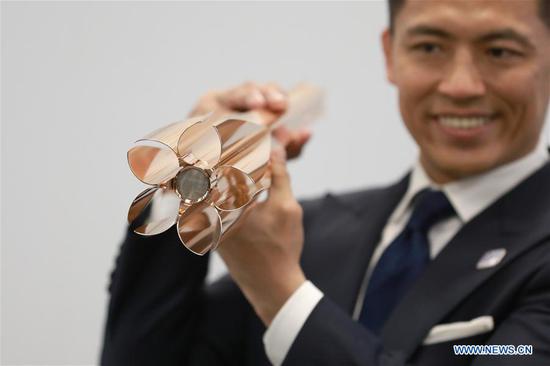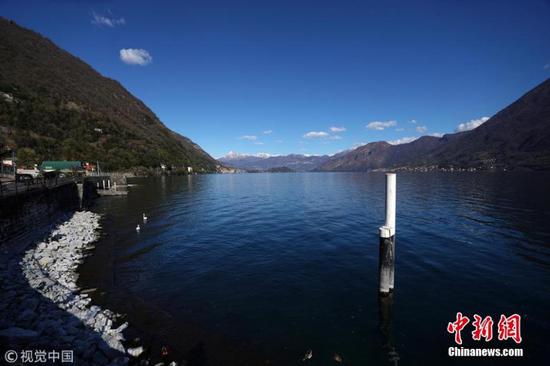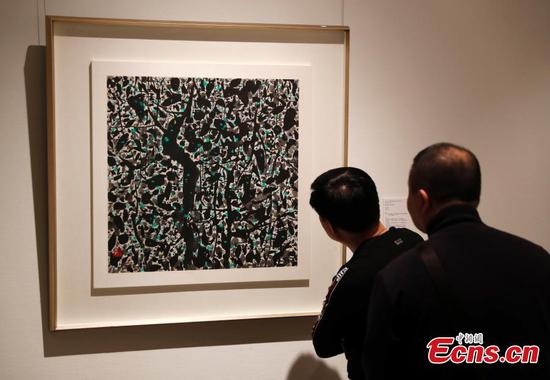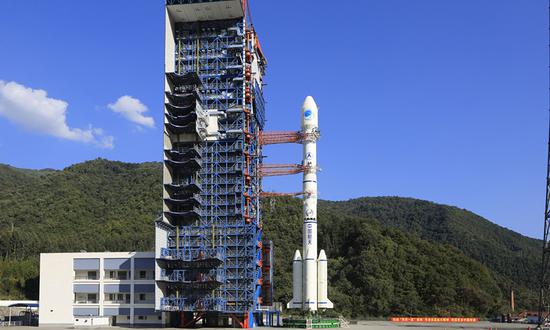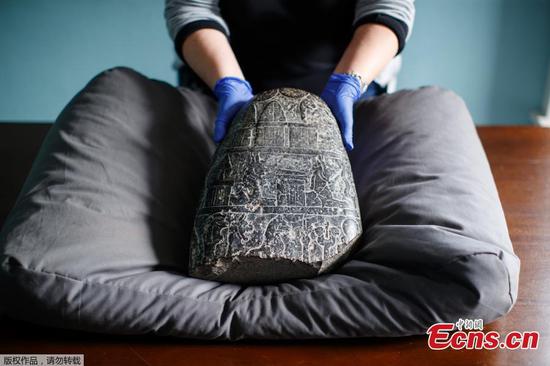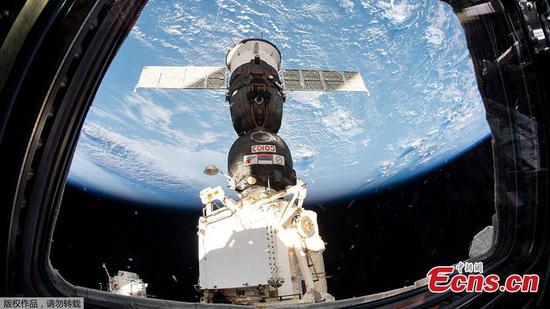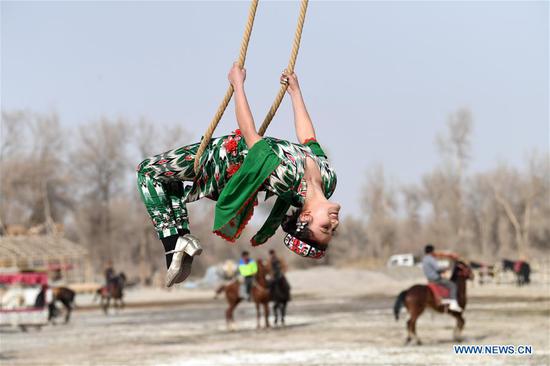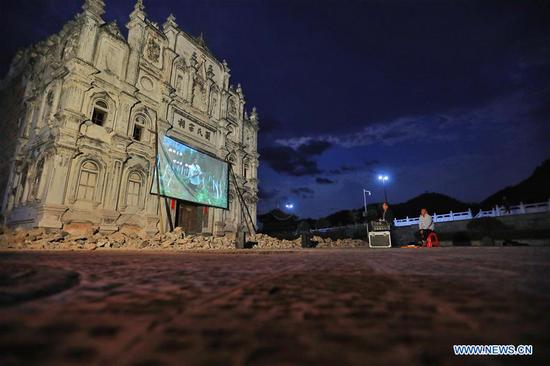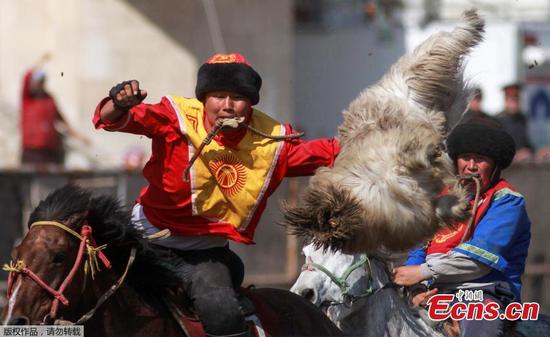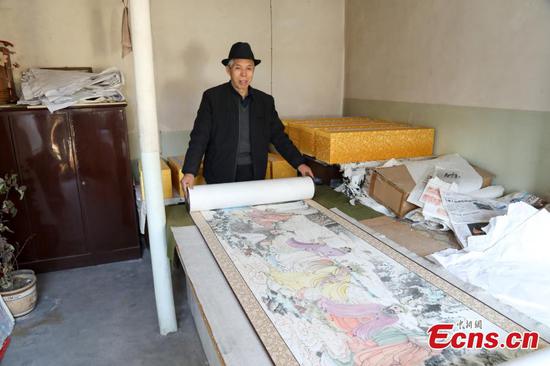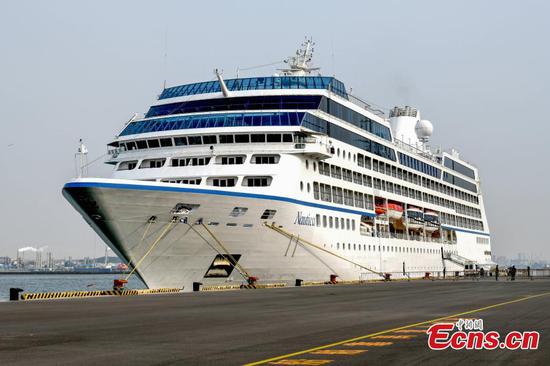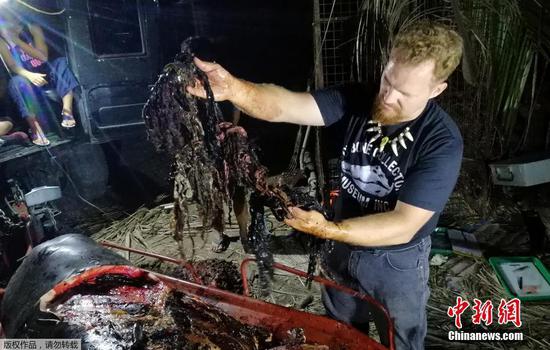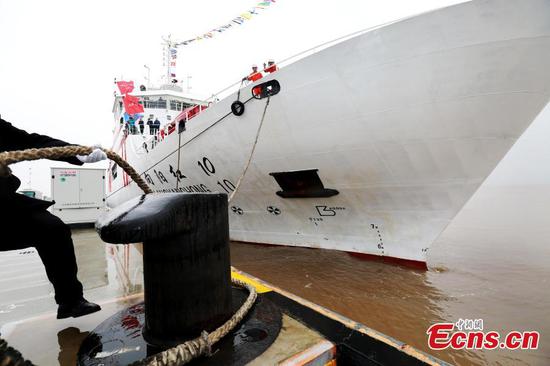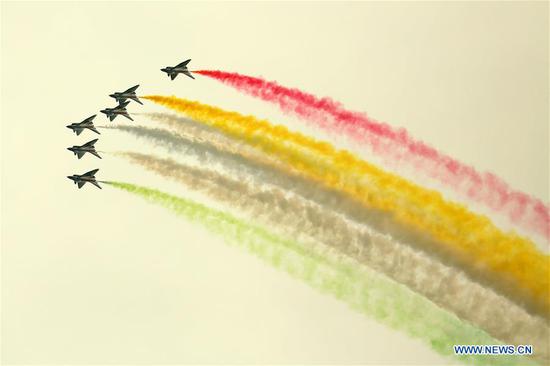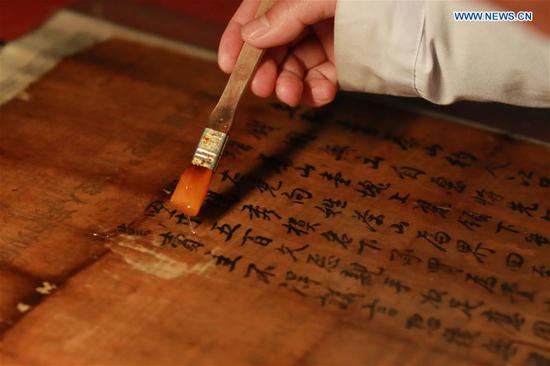Japan will participate in its first military mission since WWII that isn't affiliated with a mission of the United Nations. Tokyo confirmed on Tuesday that members of its Self-Defense Force will be sent for peacekeeping duties in Egypt in April, a move that observers view as a solid step to loosening the shackles of the country's postwar pacifist constitution.
During a news conference on Tuesday, Japanese Defense Minister Takeshi Iwaya said two SDF soldiers will be sent to the command of the Multinational Force and Observers, or MFO, on the Sinai Peninsula in mid-April. The MFO monitors the border between Egypt and Israel according to the terms of the 1979 peace treaty between the two countries.
Iwaya said he hoped the dispatch will start after the middle of April when "necessary preparations were made and the specific schedule been reviewed".
If the dispatch is realized, it will mark the first overseas military deployment of Japan that is not under the command of the UN, and the first application of Japan's controversial 2016 security legislation which expanded the scope of SDF's activities and broadened the areas in which they can operate.
"Japan's 2016 security bill is paperwork and sending SDF members to Egypt is a concrete move, both of these had further proved Japan's ambition to loosen the shackles of its postwar pacifist constitution," said Yu Qiang, an assistant professor of Japan Studies at the University of International Relations in Beijing.
Yu said by doing so, Japan had "substantially shifted away from its postwar defensive posture", in which Japan is only allowed to use SDF when it is under attack.
"Now, under the new ambiguously worded legislation, Japan's SDF is allowed to exercise collective self-defense, and thus, there is no guarantee that the country could avoid the scenario depicted in the Article 9 of its Constitution, which is never 'use of force as means of settling international disputes'," Yu said.
Chu Yin, a professor at the Center for China and Globalization in Beijing, said: "The 2016 bill and expanding the scope of SDF had been controversial not only because of international fears of Japan becoming militarized again, but because the Japanese government also has to face domestic pressure from anti-war groups and critics that the SDF in fact serves other country's security interests rather than Japan's."
"So I think dispatching SDF members to MFO is the first step but part of a gradual strategy to counter Japan's domestic opposition and get them used to overseas military missions, and the final goal is to remove Japan's postwar military restraints steadily," Chu added.
The MFO's multinational force was created by the United States, Egypt, and Israel in 1981 after the UN Security Council indicated it would be unable to provide UN forces.










